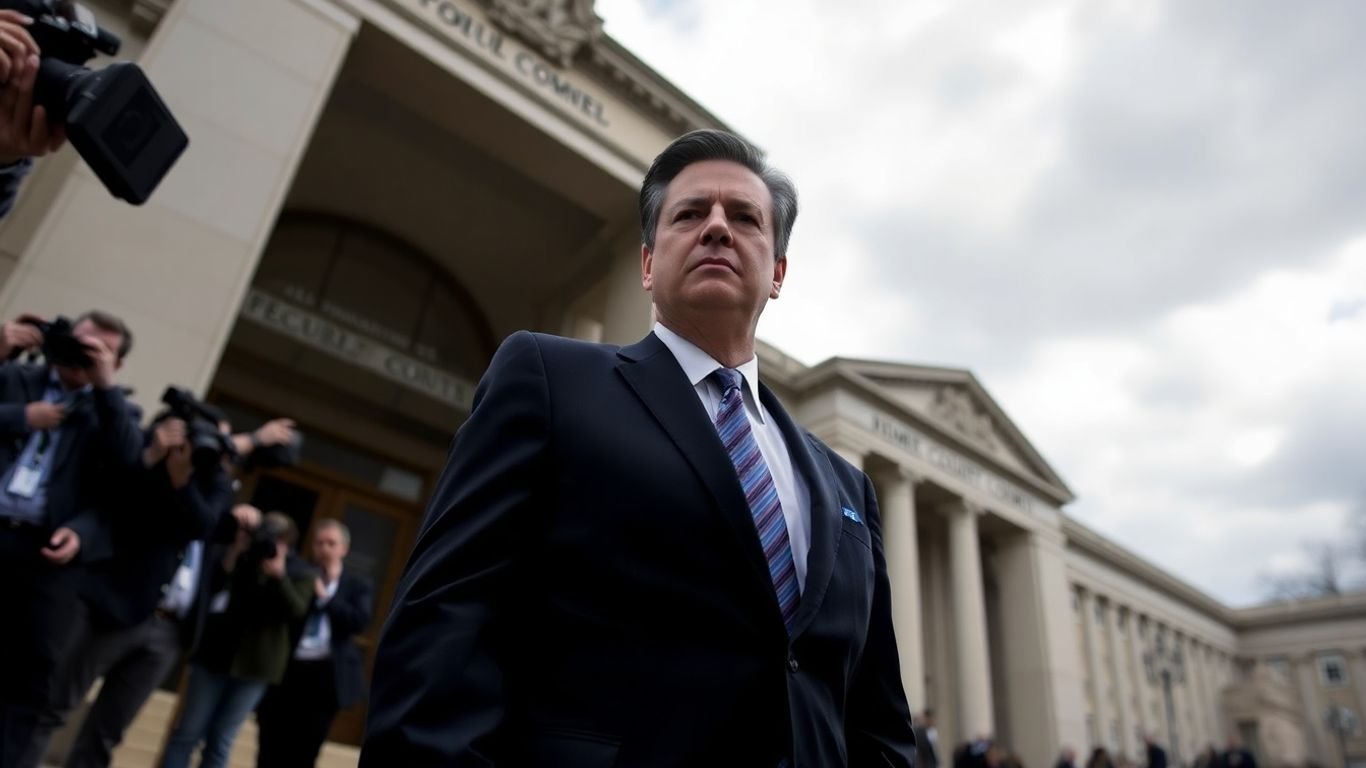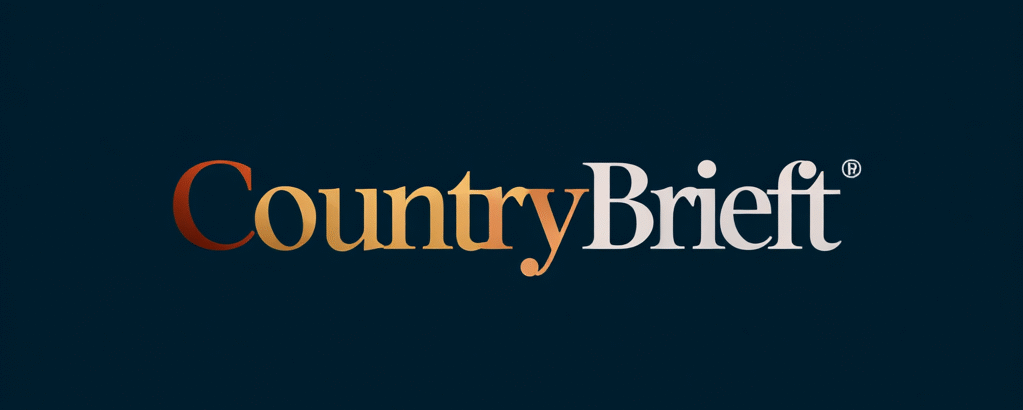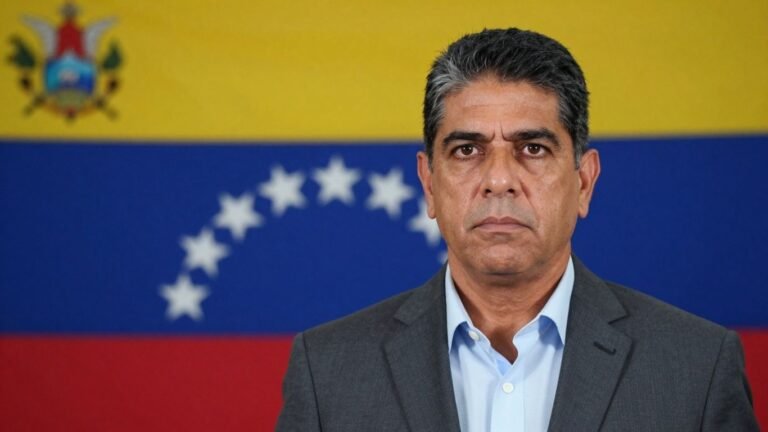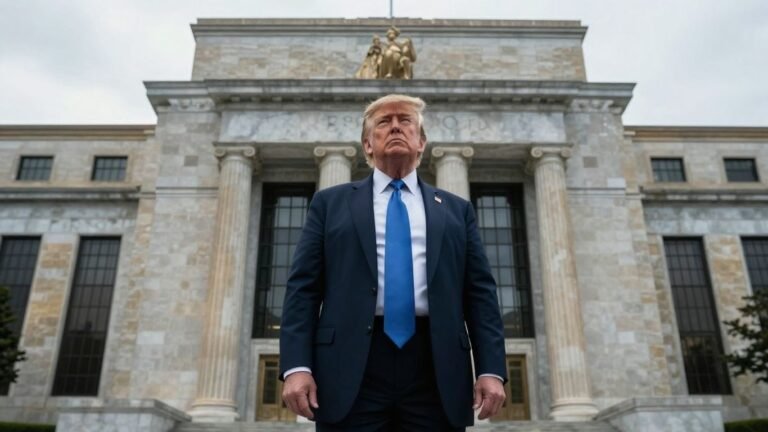Former FBI Chief Comey Faces Federal Court Amid Political Firestorm

Former FBI Director James Comey appeared in federal court today to face criminal charges alleging he made false statements and obstructed a congressional investigation. The development marks a major turn in high-profile investigations, coming as political leaders across the spectrum weigh in on the implications for law enforcement credibility and government transparency.
Key Takeaways
- James Comey, the former FBI Director, is charged with making false statements and obstructing a congressional investigation.
- The charges are linked to his alleged conduct during ongoing federal probes.
- The case arrives amid intense political scrutiny and calls for accountability in law enforcement.
Background On Comey’s Role And The Allegations
James Comey, who was appointed FBI Director in 2013 and dismissed by President Donald Trump in 2017, played a pivotal role in several politically charged investigations, including inquiries into Hillary Clinton’s emails and alleged Russian interference in the 2016 U.S. election.
The criminal charges now facing Comey reportedly center around testimony he gave to Congress and statements made during formal investigations. Prosecutors allege that Comey deliberately misled investigators and hindered efforts to uncover critical information.
Political Response And Public Reaction
Comey’s appearance before a federal judge has triggered heated reactions across the political spectrum. Supporters view the charges as politically motivated retribution, while critics argue it demonstrates the need for accountability amongst those in power, regardless of their position.
Former President Trump, who has frequently criticized Comey since dismissing him, renewed his attacks on social media and called for broader legal action against other government officials. Meanwhile, legal experts have urged caution, noting that cases involving alleged obstruction and false statements against high-profile officials often face considerable legal and evidentiary challenges.
What’s Next In The Legal Process
Comey’s legal team is expected to challenge the legitimacy of the charges, potentially arguing that his statements were either accurate or legally protected. If the case proceeds, prosecutors will need to present compelling evidence that Comey knowingly provided false information and took steps to impede the congressional investigation.
The court is likely to schedule further hearings in the coming months. As the case unfolds, it will remain under the watchful eye of political observers, legal analysts, and the public, with broader implications for the standards of conduct expected from senior law enforcement officials.
Broader Implications For Law Enforcement
This case revives ongoing debates about the independence of federal investigative agencies and the checks and balances between law enforcement and elected officials. The outcome may set important precedents for future investigations and underscore the principle that no public servant is above the law.






